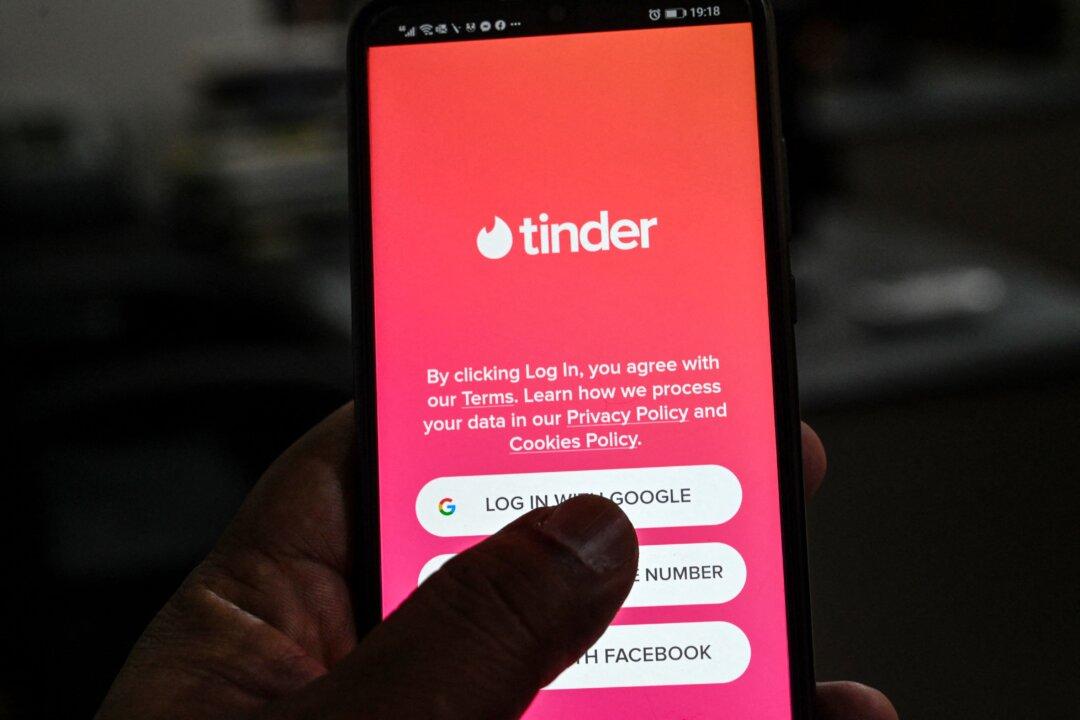Swiping left and right to conveniently find a romantic connection on one’s phone may be more about addiction than a quest for love, a recent lawsuit alleges.
A law firm representing six plaintiffs has filed a class action complaint against Match Group Inc.—the parent company of popular dating apps such as Tinder, Hinge, and The League—alleging that the company was negligent by failing to disclose that the apps are, and were designed to be, powerfully addictive.





